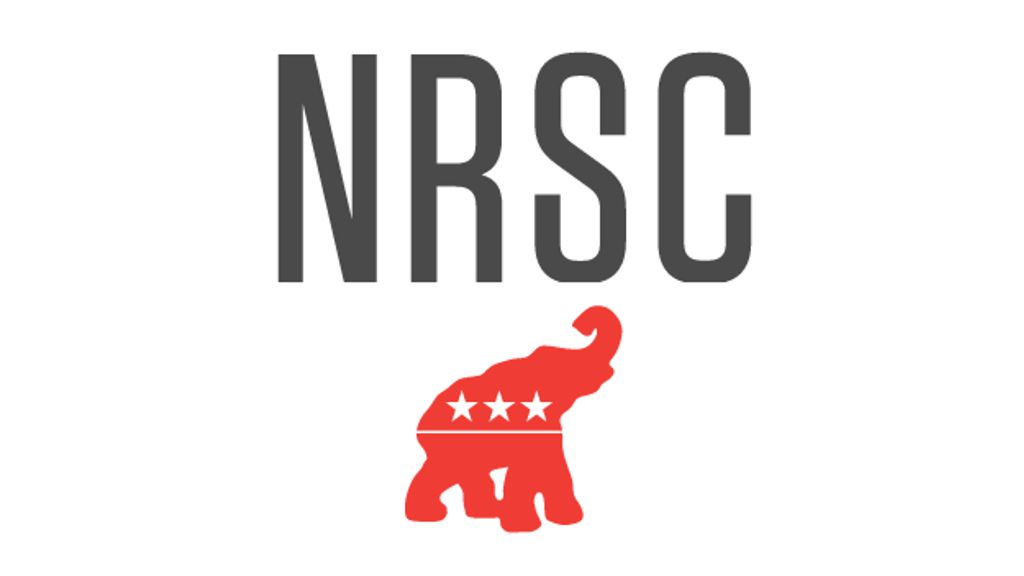Washington, DC — The Institute for Free Speech commends the Department of Justice’s decision in National Republican Senatorial Committee v. FEC to acknowledge that federal limits on coordinated expenditures between political parties and their candidates violate the First Amendment. In a dramatic and unusual shift, the DOJ is now asking the Supreme Court to overturn its 2001 decision in Colorado Republican Federal Campaign Committee v. FEC (Colorado II).
“The Solicitor General’s recommendation that the Court grant the petition is a commendable move that acknowledges the First Amendment flaws in these limits,” said Institute President David Keating. “As we argued in our amicus brief, the factual basis underpinning Colorado II has been proven wrong by real-world evidence.”
The Institute’s brief demonstrated that over half the states allow unlimited party coordination, including 17 states that also restrict individual contributions—yet there is no evidence of these arrangements leading to corruption. The DOJ’s brief now acknowledges this reality, recognizing that the law represents a “prophylaxis-upon-prophylaxis approach” that fails heightened First Amendment scrutiny.
“When more than half the states manage to operate elections without restricting coordinated party expenditures and without giving rise to any relevant quid pro quo corruption, it is hard to believe that the law is ‘necessary to prevent the anticipated harm,’” noted the Institute’s brief.
The NRSC case challenges federal limits on how much political parties can spend in coordination with their candidates under 52 U.S.C. 30116(d). These restrictions severely burden the core function of political parties—to support and promote their candidates.
The Institute’s brief also argued that the Sixth Circuit’s decision created unnecessary confusion by preserving a “watered-down version of closely drawn scrutiny” that conflicts with the Supreme Court’s more recent campaign finance jurisprudence in cases like McCutcheon v. FEC and FEC v. Ted Cruz for Senate.
To read the Institute’s amicus brief in the case National Republican Senatorial Committee v. FEC, click here. To read the Solicitor General’s just-filed brief, click here. To read Institute Senior Attorney Brett Nolan’s expert analysis on the Sixth Circuit’s decision in NRSC, click here.
About the Institute for Free Speech
The Institute for Free Speech promotes and defends the political speech rights to freely speak, assemble, publish, and petition the government guaranteed by the First Amendment.













